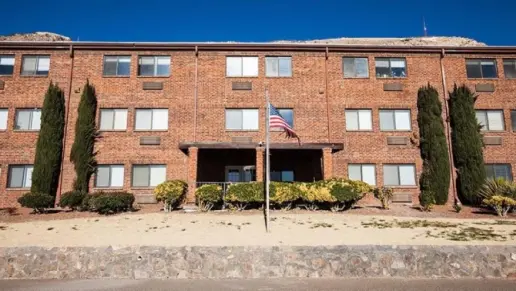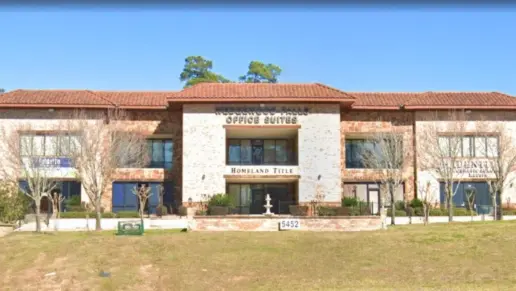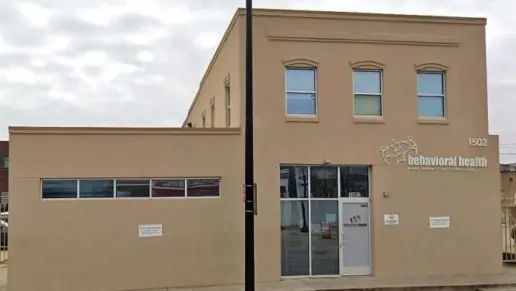i came into greenhouse outpatient (AKA Resolutions) as an admit for Alcholism. This is the best treatment center I have ever been to and I have been to over 12 Rehabs! The staff is amazing and they really care. The food is amazing and its made straight from the heart!! ITS L ...
About Greenhouse Outpatient Treatment Facility
Greenhouse Outpatient Treatment Facility is an outpatient treatment facility for substance use and co-occurring mental health disorders. The facility is located on Avenue J in Arlington, Texas. They have day and evening intensive outpatient programs (IOP) and a daytime partial hospitalization program (PHP). The facility accepts many major insurance plans, including Cigna, Aetna and Magellan Health.
Staff at the facility respect that every person’s situation is different. The clinical team will work with you to determine what treatment objectives are realistic for you. The PHP is a structured outpatient program that involves 20-30+ hours of treatment per week. This program is similar to an inpatient program but it allows you the freedom to be home in the evenings. They also offer medication assisted treatment (MAT) for opioid and alcohol use disorders. The IOPs are more flexible with programs in the morning or evening, depending on what works best for you.
Some of the more unique aspects of Greenhouse’s treatment include the Seeking Safety program and their alternative and holistic therapies. Their Seeking Safety program is designed to help clients who have experienced physical, emotional or sexual abuse and trauma. The program focuses on learning healthy ways of coping without resorting to substances.
Many people with substance use and mental health disorders have a hard time expressing their feelings, which is important when it comes to maintaining sobriety. Greenhouse has alternative therapies that help clients learn to cope better without using substances. Some of these alternative therapies are biofeedback, yoga, meditation and spiritual reflection. They also offer Acudetox which is a type of acupuncture that helps with addiction treatment, especially with withdrawal symptoms.
If you’re uncomfortable with the 12 Step treatment model or spiritual models that include a higher power, they also offer the SMART recovery program. The focus of this program is to teach you to cope with urges, manage your feelings, maintain motivation and live a balanced life.
Rehab Score
Gallery
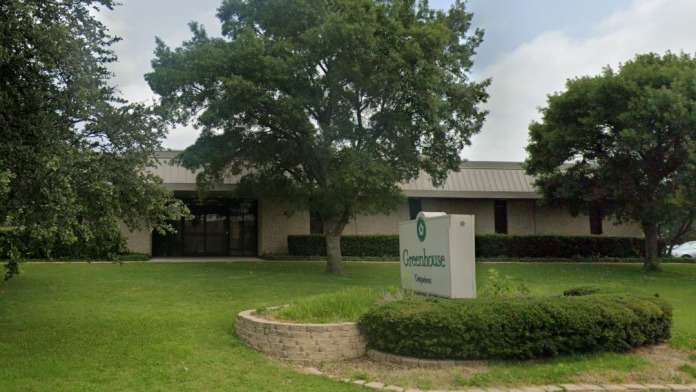
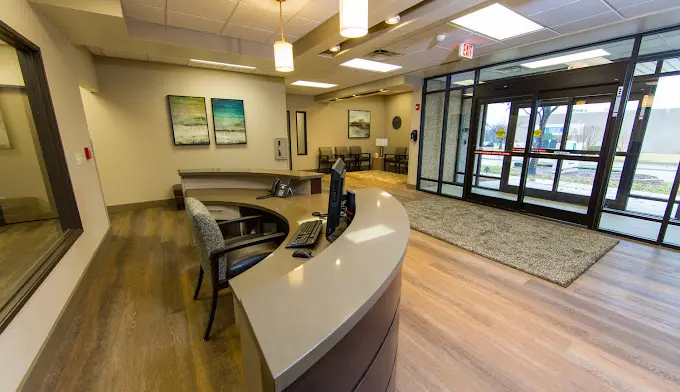
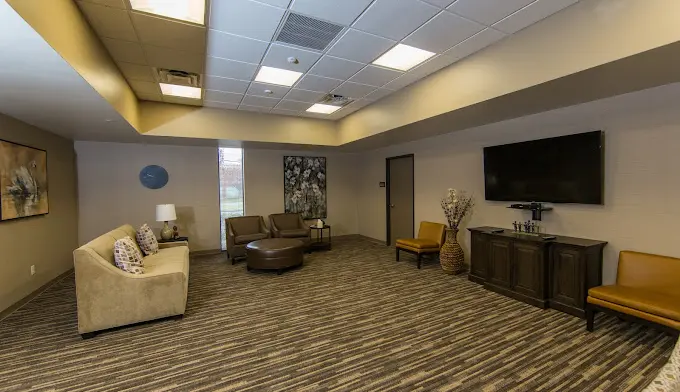
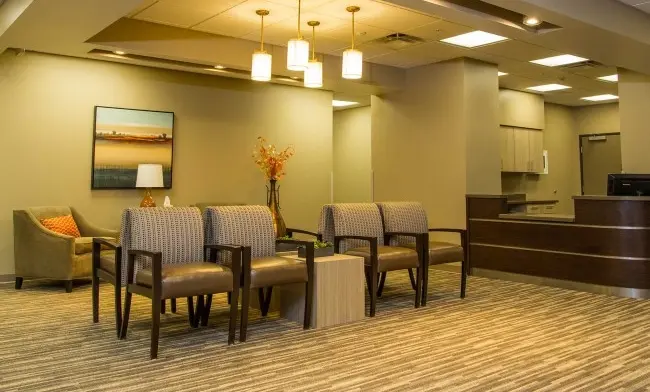
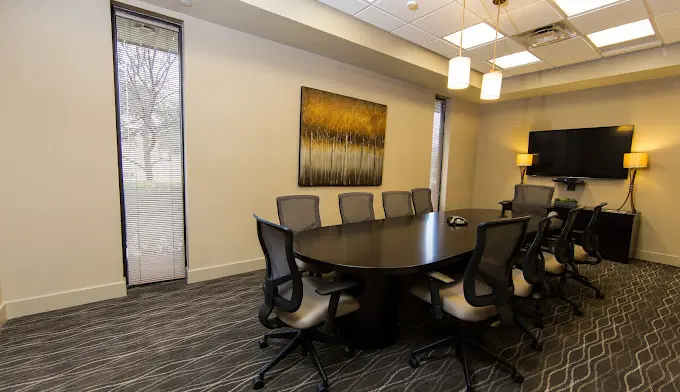
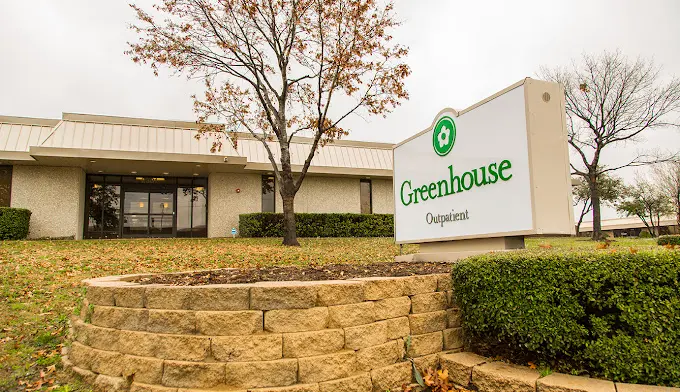
Location
Accepted Insurance
Other Forms of Payment
Private insurance refers to any kind of healthcare coverage that isn't from the state or federal government. This includes individual and family plans offered by an employer or purchased from the Insurance Marketplace. Every plan will have different requirements and out of pocket costs so be sure to get the full details before you start treatment.
Self-pay involves paying for treatment out of your own pocket. You can use savings or credit, get a personal loan, or receive help from family and friends to fund your treatment. If you don't have insurance or your insurance plan doesn't cover a specific program, self-pay can help ensure you still get the care you need.
Financial aid can take many forms. Centers may have grants or scholarships available to clients who meet eligibility requirements. Programs that receive SAMHSA grants may have financial aid available for those who need treatment as well. Grants and scholarships can help you pai for treatment without having to repay.
Addiction Treatments
Levels of Care
Treatments
The goal of treatment for alcoholism is abstinence. Those with poor social support, poor motivation, or psychiatric disorders tend to relapse within a few years of treatment. For these people, success is measured by longer periods of abstinence, reduced use of alcohol, better health, and improved social functioning. Recovery and Maintenance are usually based on 12 step programs and AA meetings.
During rehab in Texas, you'll deal with underlying issues that contribute to addiction. By addressing these challenges and learning healthy ways to cope with them, you'll develop strategies that help you live a drug-free lifestyle.
They developed their co-occurring curriculum Embracing Change: Recovery for Life as a series of workbooks that uses interactive exercises to engage and educate the client. The curriculum features educational exercises that focus on self-awareness, recovery strategies, managing co-occurring mental health disorders, aftercare planning, and relapse prevention. While working their unique curriculum, the client attends addiction therapy groups scheduled according to an individualized treatment plan.
A combined mental health and substance abuse rehab has the staff and resources available to handle individuals with both mental health and substance abuse issues. It can be challenging to determine where a specific symptom stems from (a mental health issue or an issue related to substance abuse), so mental health and substance abuse professionals are helpful in detangling symptoms and keeping treatment on track.
Opioid rehabs specialize in supporting those recovering from opioid addiction. They treat those suffering from addiction to illegal opioids like heroin, as well as prescription drugs like oxycodone. These centers typically combine both physical as well as mental and emotional support to help stop addiction. Physical support often includes medical detox and subsequent medical support (including medication), and mental support includes in-depth therapy to address the underlying causes of addiction.
Programs



Clinical Services
Cognitive Behavioral Therapy (CBT) is a therapy modality that focuses on the relationship between one's thoughts, feelings, and behaviors. It is used to establish and allow for healthy responses to thoughts and feelings (instead of unhealthy responses, like using drugs or alcohol). CBT has been proven effective for recovering addicts of all kinds, and is used to strengthen a patient's own self-awareness and ability to self-regulate. CBT allows individuals to monitor their own emotional state, become more adept at communicating with others, and manage stress without needing to engage in substance abuse.
Treatment that takes a dialectical behavior therapy approach focuses on four strategies. Distress tolerance will help you accept and tolerate intense emotions. Emotional regulation will teach you to manage those emotions. Mindfulness will keep you in the present moment instead of regret or worry. Interpersonal effectiveness will teach you to manage your relationships.
Group therapy is any therapeutic work that happens in a group (not one-on-one). There are a number of different group therapy modalities, including support groups, experiential therapy, psycho-education, and more. Group therapy involves treatment as well as processing interaction between group members.
In individual therapy, a patient meets one-on-one with a trained psychologist or counselor. Therapy is a pivotal part of effective substance abuse treatment, as it often covers root causes of addiction, including challenges faced by the patient in their social, family, and work/school life.
Motivational Interviewing (MI) is a clinical approach to helping people with substance abuse issues and other conditions shift behavior in positive ways. It is more goal-oriented than traditional psychotherapy, as MI counselors directly attempt to get clients to consider making behavioral change (rather than wait for them to come to conclusions themselves). Its primary purpose is to resolve ambivalence and help clients become able to make healthy choices freely.
Together with an experienced trauma therapist, you work on healing emotional wounds from traumatic experiences within a trauma therapy environment. Your therapist will help you process the experience of the trauma, which promotes emotional healing and improves your overall mental health.
Research clearly demonstrates that recovery is far more successful and sustainable when loved ones like family members participate in rehab and substance abuse treatment. Genetic factors may be at play when it comes to drug and alcohol addiction, as well as mental health issues. Family dynamics often play a critical role in addiction triggers, and if properly educated, family members can be a strong source of support when it comes to rehabilitation. Since everyone close to the client is touched by the addiction, Greenhouse Outpatient encourages family involvement (spouses, partners, children, and loved ones) as a component of each client’s treatment plan. Encouragement from family/loved ones is beneficial and positively impacts recovery. With the client’s consent, if family members (and others essential in the recovery process) agree to participate, family therapy sessions will be held periodically throughout treatment. Family therapy sessions will be held onsite or via conference call, and frequency will be determined according to the client’s individualized treatment plan.
The right life skills training will help you build the skills you need for recovery. You'll learn how to solve problems, improve your social life, enhance your mental health, and make good decisions. This is a key component of drug rehab programs in Texas.
What you eat has a significant effect on your mental and physical health. That's why many addiction recovery programs in Texas incorporate nutrition therapy in their treatment. This therapy teaches you how addiction affects nutrition, what foods are best to eat during recovery, and how to shop for and prepare healthy meals.
Creativity is inherently healing, and can help those in recovery express thoughts or feelings they might not otherwise be able to. Creative arts therapy can include music, poetry/writing, painting, sculpting, dance, theater, sandplay, and more. Unlike traditional art, the final product matters far less than the experience of creation and expression itself.
Experiential therapy is a form of therapy in which clients are encouraged to surface and work through subconscious issues by engaging in real-time experiences. Experiential therapy departs from traditional talk therapy by involving the body, and having clients engage in activities, movements, and physical and emotional expression. This can involve role-play or using props (which can include other people). Experiential therapy can help people process trauma, memories, and emotion quickly, deeply, and in a lasting fashion, leading to substantial and impactful healing.
Amenities
-
Gym
-
Residential Setting
-
Private Rooms
-
Gardens
Accreditations

The Commission on Accreditation of Rehabilitation Facilities (CARF) is a non-profit organization that specifically accredits rehab organizations. Founded in 1966, CARF's, mission is to help service providers like rehab facilities maintain high standards of care.
CARF Accreditation: Yes
Accreditation Number: 262165
Contact Information
2301 Avenue J
Arlington, TX 76006









